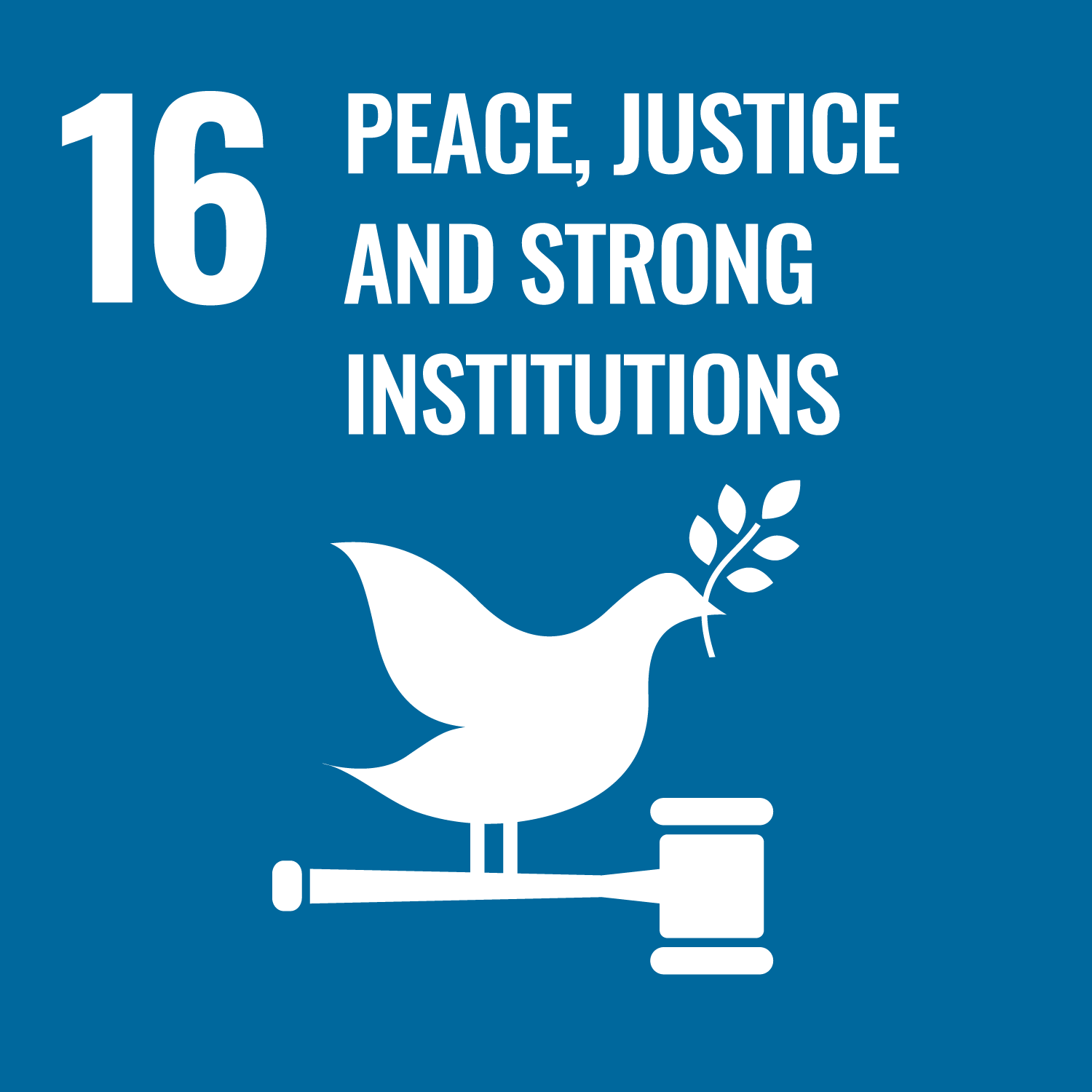In the context of an increasingly hostile environment against people of diverse SOGIE in West Africa, this report provides insight into the growing grassroots SOGIE movement and the varied administrative, socio-cultural and funding hurdles faced by activists and organisations in the region. At total of 50 organisations and 180 activists from 9 countries participated in the research process. Political landscapes range from overt criminalisation of SOGIE to social invisibility and discrimination.
It begins by presenting a broad overview of organisational needs and the participatory research conducted for these findings. The report then explores the legal and historical context of queer identity and organising in West Africa, including key elements of organisational culture; the marginalisation of lesbian, bisexual, and trans* centred activism is principally noted.
The next section maps issues facing people with diverse SOGIE in the diverse West African region, with an evaluation of strategies and responses to these issues and the critical gaps that need filling. These predominately relate to gender inclusivity and awareness of trans* and women-specific issues. Progress-inhibiting challenges in the organisational landscape and working conditions of SOGIE groups are identified, followed by a summary of important achievements reached from the community to international levels.
The sourcing of technical support from major international organisations and the obstacles these traditional funding schemes present is briefly discussed in the final sections. The report concludes with an extensive list of recommendations for SOGIE activists and organisations and their allied funding and technical support partners to inform future priorities, strategies and administration.








